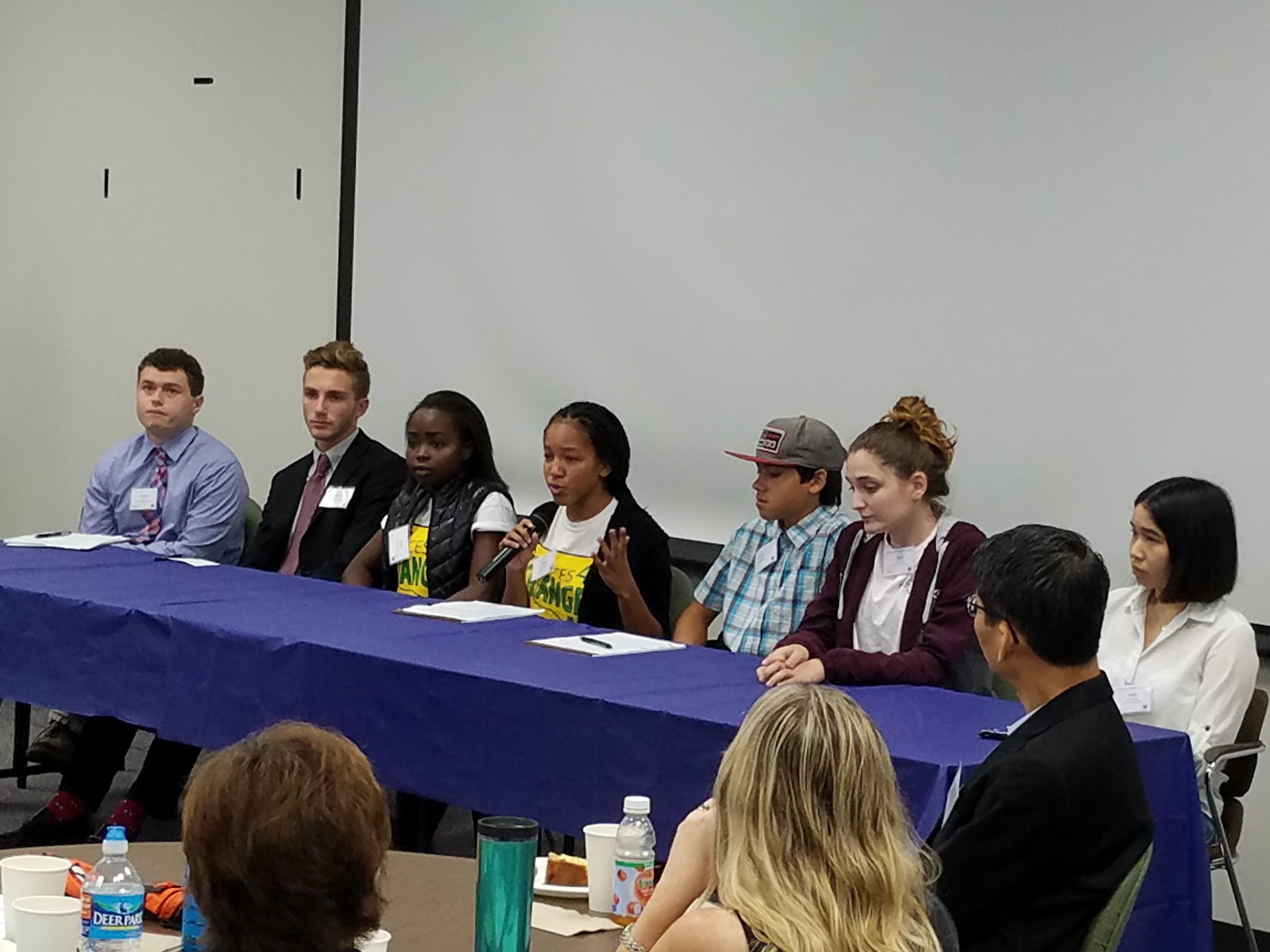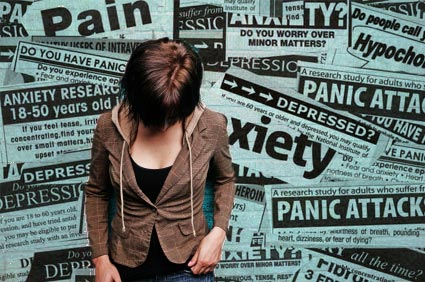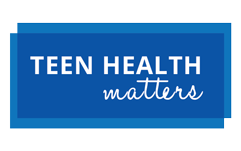 On September 27, 2016, my fellow teens and I were brought together with a group of about 70 individuals from a wide range of professions, including pediatricians, school administrators, county executives, and Health Department officials. The purpose of this event was to shine a light on the ever growing problem of mental illness affecting adolescents.
On September 27, 2016, my fellow teens and I were brought together with a group of about 70 individuals from a wide range of professions, including pediatricians, school administrators, county executives, and Health Department officials. The purpose of this event was to shine a light on the ever growing problem of mental illness affecting adolescents.
The conference opened with welcomes from health officials and executives. The opening was then followed by the first panel, which included mostly medical professionals who have encountered and observed the increase of mental illness within teens. Personally, I found this part to be rather interesting, to hear medical professionals acknowledge that there was an issue present within Howard County. It made me feel like we were beginning to shine a light on an issue that has so long been kept in the dark. But it was not the professionals that brought the issue to light, with all their statistics and encounters dealing with mental illness in teens. It was we teens who participated on the youth panel that brought the most significant impact, for this symposium was focusing on teen mental health, and who better to express that than teens.
There was a set of designated questions we had been asked to answer and give our opinions on. These questions included concepts such as, “What do you perceive to be the major mental health and substance misuse challenges facing adolescents today” followed by, “What do you think is at the root of these issues?” The great part about having seven teens on the panel was the diversity of answers we gave and the different issues we chose to address.
I chose to address how the stem of many students’ mental illness and anxiety is from the pressure placed on us by HCPSS, and the constant feeling of not being good enough and not reaching the high standards set for us. One of my fellow teens addressed the excessive testing we were given, and how these pointless tests have done nothing but take class time away from us in which we could actually be learning. I think the overarching theme of stress for us all was the toll that all these standards put on teens. This fear of never reaching the high standards leads to many of us not being able to enjoy our teenage years because we feel we are living in this constant state of stress and anxiety.
 Our panel was full of above average kids, and we failed to address the HCPSS policy on those kids found in the dreaded “regular classes”, who are practically steamrolled and forgotten in the eyes of the administrators who only care for AP scores.
Our panel was full of above average kids, and we failed to address the HCPSS policy on those kids found in the dreaded “regular classes”, who are practically steamrolled and forgotten in the eyes of the administrators who only care for AP scores.
What this symposium did was really put out questions of how much is too much? At what point are we pushing teens so far that their feelings of failure and incompetence take over their feelings of happiness and self-confidence? What methods are currently in place for dealing with these feelings in teens and the pressure we place on them?
Many of these questions weren’t answered during the symposium, but we were able to develop a few methods, such as possibly changing the homework policy and implementing a flash pass policy where students can hold up a pass if they feel overwhelmed and leave the room to try and decompress. But is it enough? In my eyes, more change can be done and more should be done. I understand the need to prepare us for our future, but at what cost? If we are so focused on our future, we lose sight of the present, and the memories of our teenage years will be nothing more than memories of studying for a test.
By: Patrick Keefe
[social_link type=”twitter” url=”https://twitter.com/teenhlthmatters” target=”” ][social_link type=”facebook_account” url=”https://www.facebook.com/TeenHealthMatters/” target=”” ] [social_link type=”instagram_account” url=”https://www.instagram.com/teenhealthmatters_/” target=”” ]
